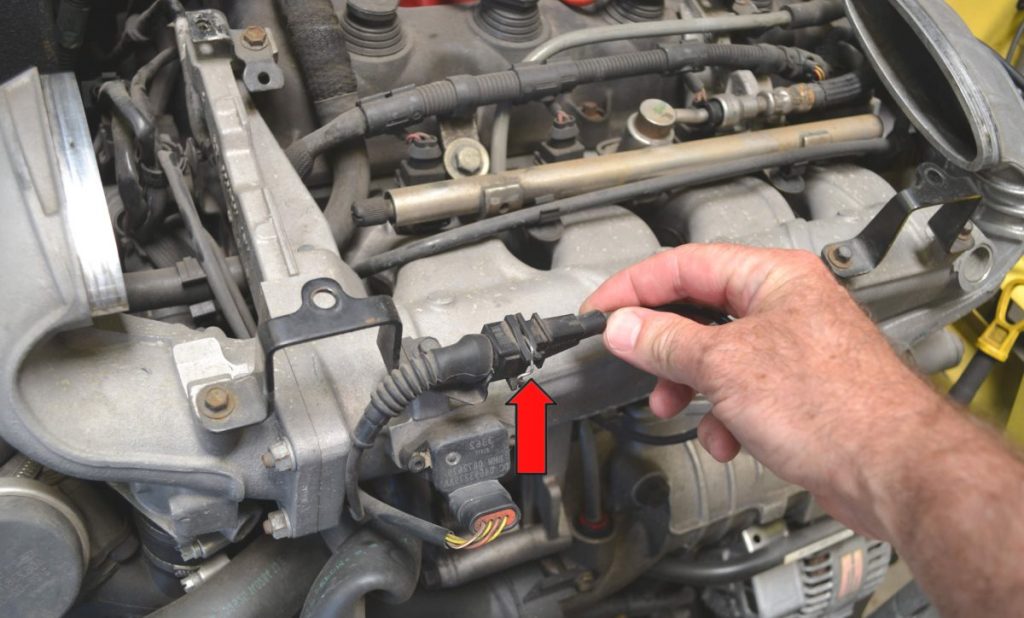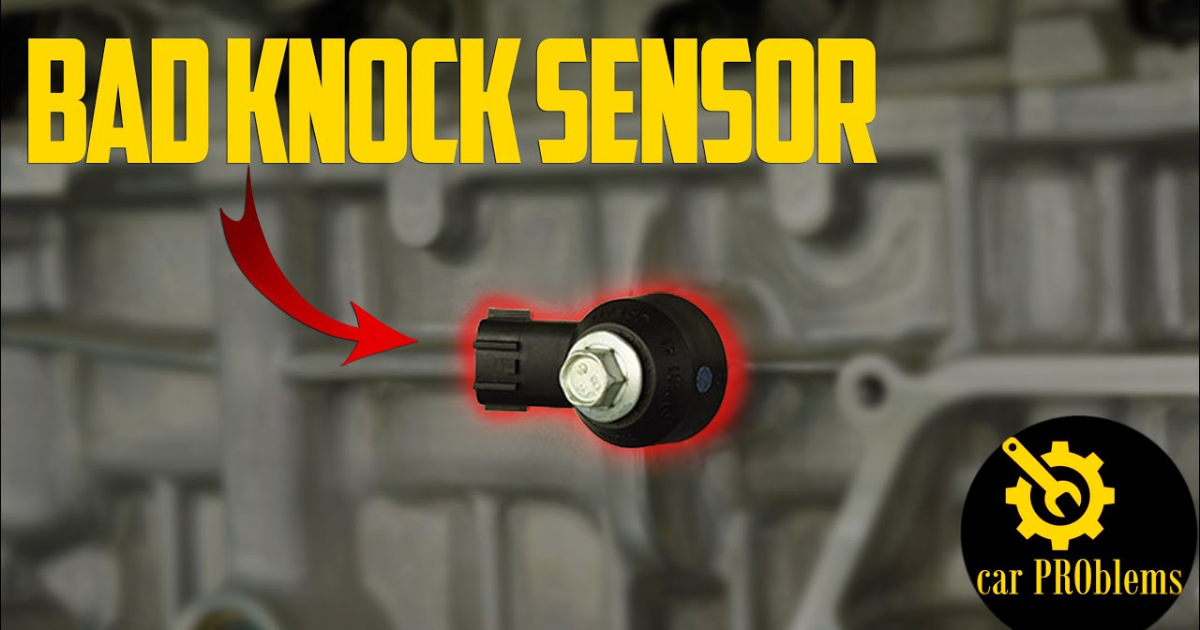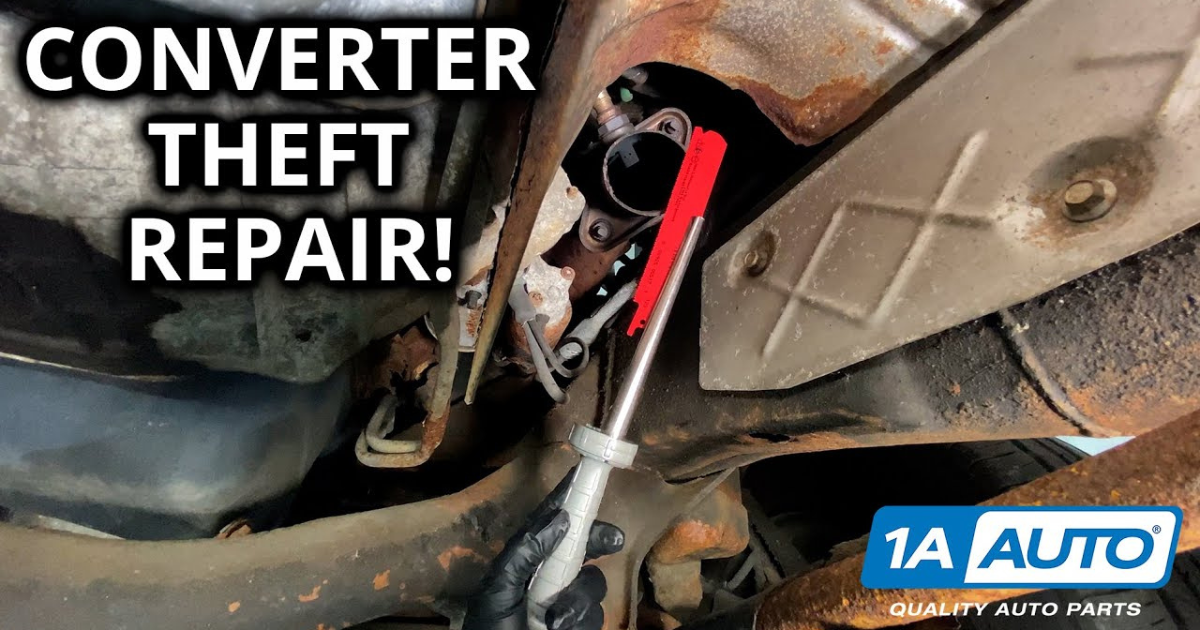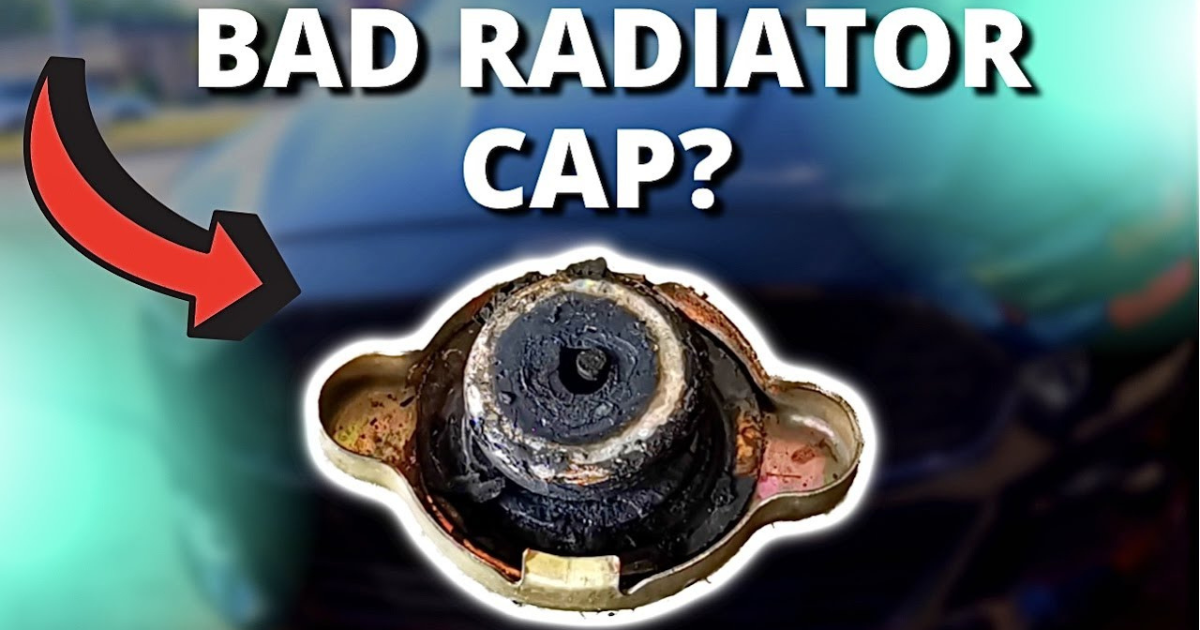A knock sensor is a crucial component in a car’s engine management system. It helps detect engine knock or detonation, which can cause severe engine damage if not addressed promptly. If you suspect your knock sensor is faulty, it’s essential to identify the symptoms and seek professional help. This article will discuss the symptoms of a bad knock sensor and the replacement cost.
Symptoms of a Bad Knock Sensor

- Check Engine Light: The check engine light is the first and most common symptom of a bad knock sensor. The light will illuminate on your dashboard if the sensor is malfunctioning or has failed.
- Loud Engine Noise: A faulty knock sensor can cause your engine to produce a loud, knocking sound. This noise occurs due to the timing of the ignition of the air-fuel mixture in the cylinder walls.
- Poor Acceleration: If the knock sensor goes faulty, it can no longer aid the Engine Control Unit (ECU), resulting in low engine performance. Consequently, your car may suffer from poor acceleration.
- Reduced Gas Mileage: Reduced gas mileage is another symptom of a bad knock sensor. When the ignition timing is insufficient, it can cause unnecessary knock or ignition, leading to lower gas mileage.
- Reduced Engine Performance: If you ignore the symptoms of a bad knock sensor, you may start experiencing poor acceleration, misfiring, jerking, and drags. In some cases, you might begin perceiving a burning smell.
Replacement Cost of a Knock Sensor
The cost of replacing a knock sensor varies depending on the make, model, year, and dealership you take your vehicle to. On average, the cost of replacing your knock sensor should be between $130 to $700. The range is this broad because some cars utilize one knock sensor, some two sensors, and a few other four sensors.
Preventive measures to avoid a bad knock sensor
- Regular maintenance: Regular maintenance of your car can help prevent knock sensor problems. This includes regular oil changes, spark plug replacement, and checking the fuel system for any issues.
- Use high-quality fuel: Using high-quality fuel can help prevent knock sensor problems. Low-quality fuel can cause engine knocking, which can damage the knock sensor over time.
- Avoid aggressive driving: Aggressive driving, such as rapid acceleration and hard braking, can cause engine knocking and damage the knock sensor. Try to drive smoothly and avoid sudden acceleration or braking.
- Keep engine cool: Overheating can cause engine knocking and damage the knock sensor. Make sure your car’s cooling system is working properly and that the coolant level is sufficient.
- Check for engine misfires: Engine misfires can cause knock sensor problems. If you notice any misfires, have them checked out by a mechanic as soon as possible.
- Install a performance chip: Performance chips can help optimize the engine’s performance and prevent knock sensor problems. However, make sure to choose a reputable brand and have it installed by a professional.
- Replace the knock sensor: If your car has high mileage, it may be a good idea to replace the knock sensor as a preventive measure. This can help prevent engine knocking and potential damage to other engine components.




